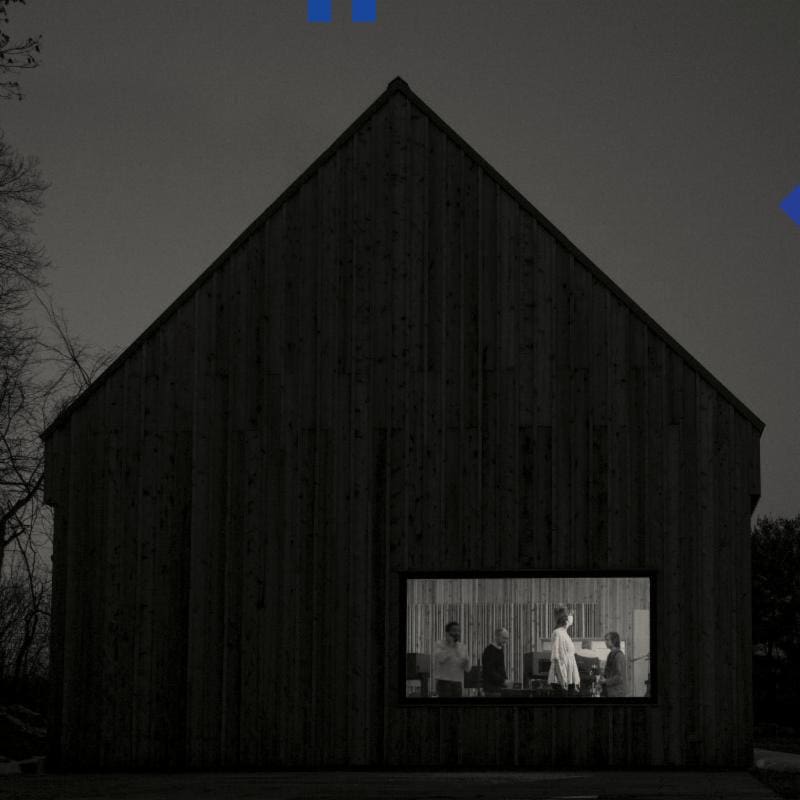Midlife crisis melancholy is a familiar subject in rock music. Nick Cave has built a career on similar mournfulness. Manchester Orchestra took a stab at meditating on adulthood in their latest release. The National is no stranger to sadness – frontman Matt Berninger’s ineffable baritone lends itself to gloom, and the band makes frequent subjects of anxiety and heartbreak. In the sixteen years since their debut, the National has made a name for itself by crafting songs that eek effortless grandeur. Sleep Well Beast, the band’s seventh full length release, is no different.
The first track, “Nobody Else Will Be There,” begins with the sparse instrumentation of the Dessner brothers. The piano’s reverb, paired with distant, distorted organ notes offers the song a certain airy quality that’s grounded by Berninger’s pleas to leave a party for the solace of loneliness. He pulls off weariness well – gone is the familiar polished edge of High Violet or Boxer. Instead, his voice constantly hints at breaking.
Unfortunately, the restraint exercised here doesn’t continue throughout the album. “Day I Die” relies on drum-driven verses and a chorus whose repetition verges on the trite (“The day I die, the day I die/ Where will we be?). The album makes several radical turns – from the choral beginnings of “The System Only Dreams in Total Darkness” to the chunky chords and discordant riffs of “Turtleneck.” New use of drum boxes and electronic distortion characterize an experimentation that’s a stark departure from their last release, 2013’s Trouble Will Find Me.
“Nothing I do makes me feel different,” Berninger confesses on the mid album track “I’ll Still Destroy You.” It’s a sentiment that’s echoed throughout the album. Time and again, Berninger returns to this sort of impotent sadness, the knowledge that things are going wrong, things are coming apart, and there’s nothing really to be done. “It’s nobody’s fault/ No guilty party/ I just got nothing, nothing left to say” he croons on “Guilty Party.” Berninger’s resignation is palpable.
On “Carin at the Liquor Store,” the album’s strongest track, Berninger records his self-loathing in an ode to his wife. Her definitive presence in the track lends the whole album a certain uncomfortable sincerity – the record describes love on the edge of failure, on the edge of exhaustion. Berninger unflinchingly lays everything bare.
Melancholy is to expected of a band described on genius.com as “the most wretched, sad, exhilarating band to exist.” The National doesn’t disappoint. It’s an album fitting for the oncoming fall – you’ll find no sunny hopefulness here. Instead, the National offers a meditation on the pain of living, and proof that, to varying degrees of success, you can teach an old dog new tricks.
Rating: 7.5/10
-Christian Bischoff


